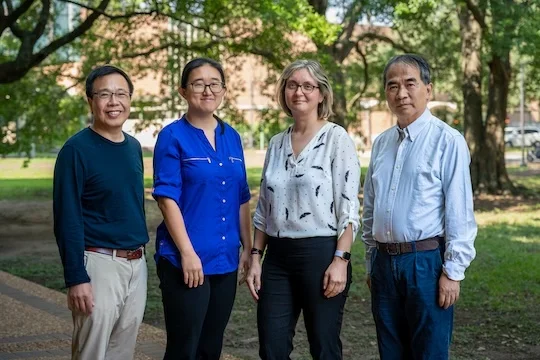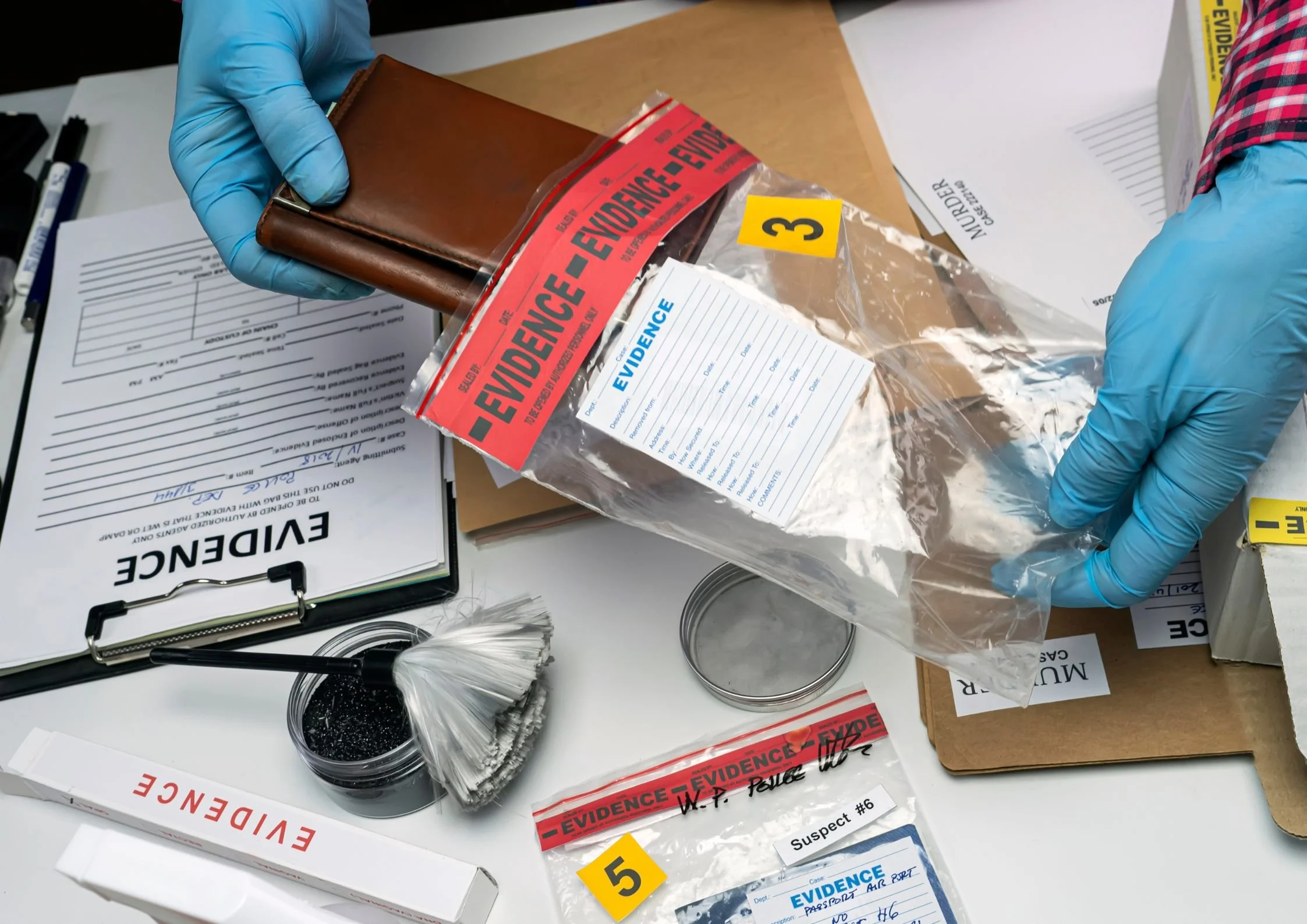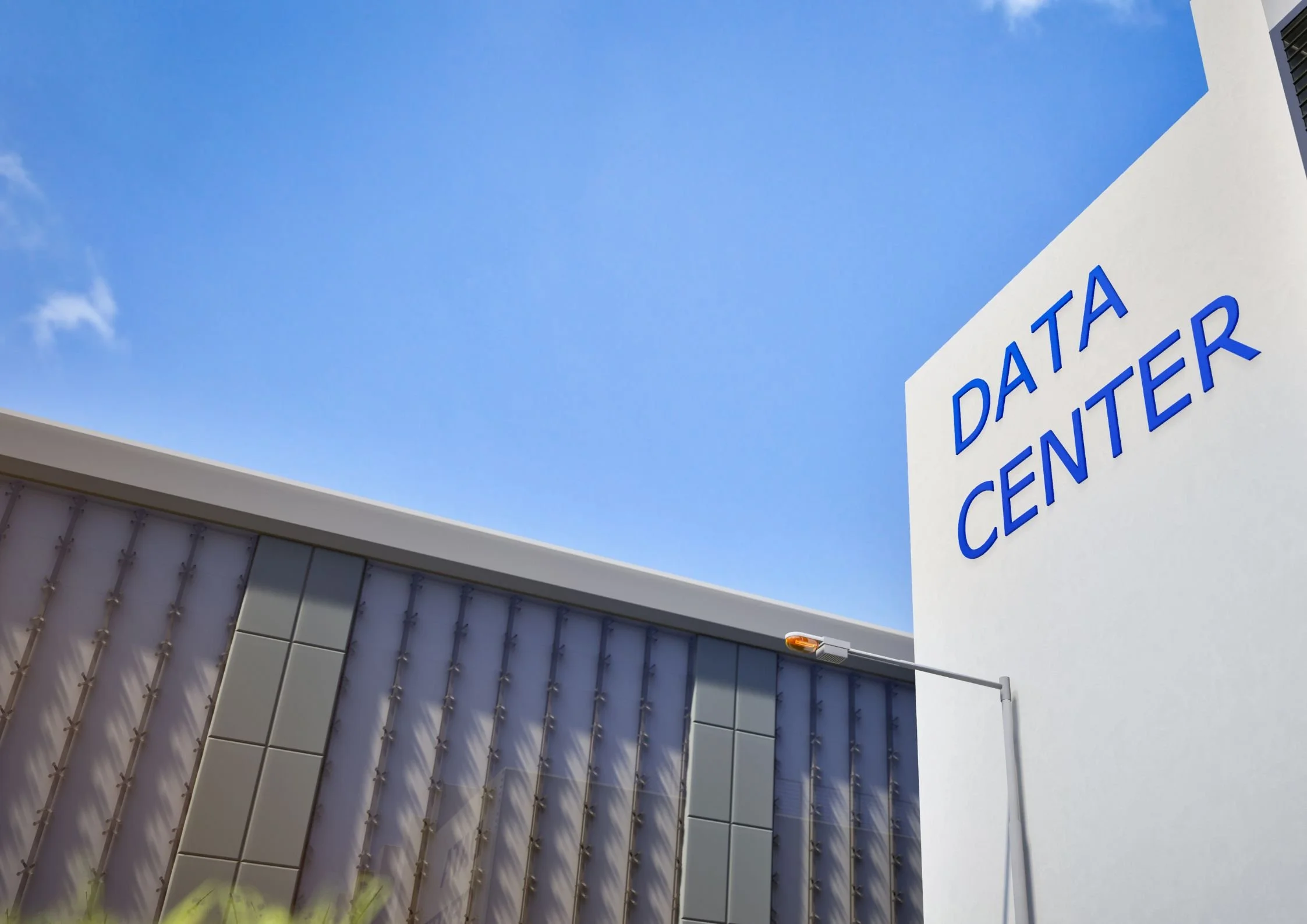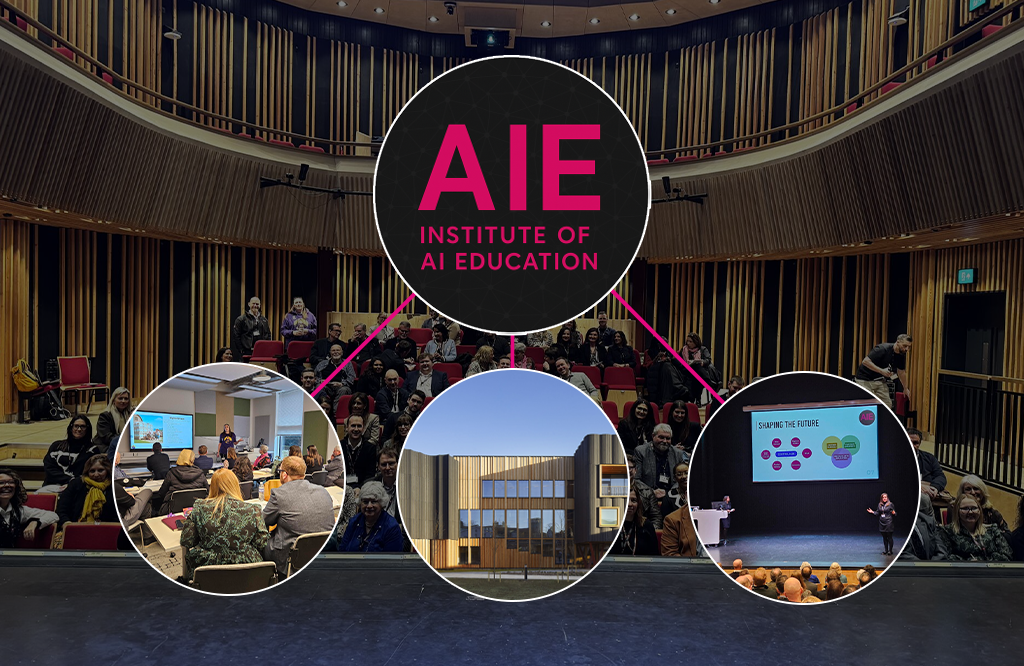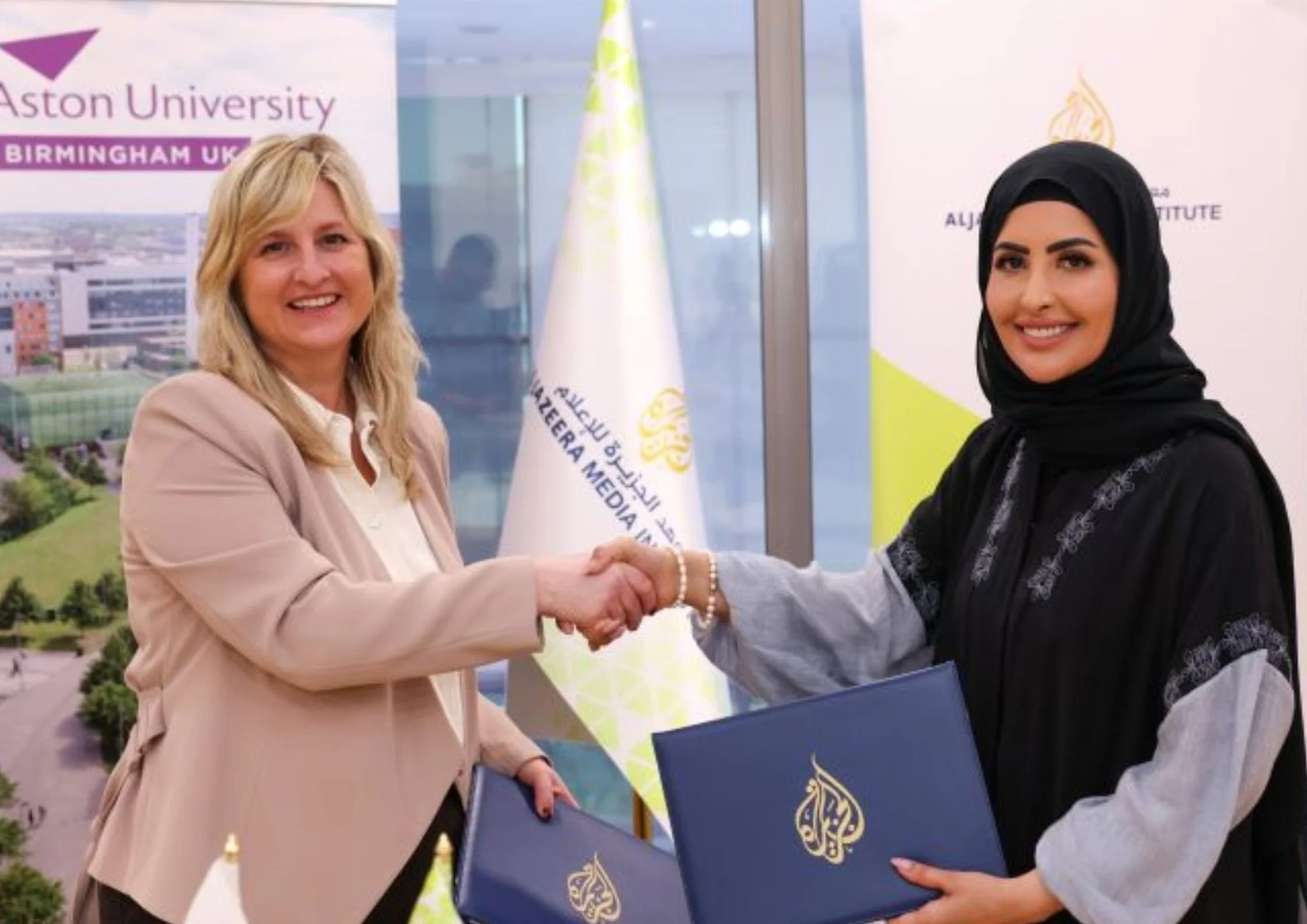DOE backs Rice lab to probe emergent magnetism for quantum and energy tech
Rice University has secured a three-year, 4.4 million dollar Department of Energy award to establish the Rice Laboratory for Emergent Magnetic Materials, uniting experiment and theory on next-generation magnetic phenomena.
From right to left: Qimiao Si, Ming Yi, Emilia Morosan, and Pengcheng Dai. Photo credit: Jorge Vidal/Rice University
Rice University has secured 4.4 million dollars over three years from the U.S. Department of Energy to establish the Rice Laboratory for Emergent Magnetic Materials.
The facility will examine how magnetism shapes new phases of matter with possible applications in quantum computing and energy technology.
Federal funding strengthens Rice’s physics research
The award supports a team of four physicists: principal investigator Pengcheng Dai with colleagues Ming Yi, Emilia Morosan, and Qimiao Si. Their work will explore phenomena such as unconventional superconductivity, altermagnetism, and fractionalized quasiparticles. While the research is exploratory, the aim is to uncover fundamental principles that could influence future device design.
The laboratory will integrate material synthesis, transport and thermodynamic testing, neutron scattering, and angle-resolved photoemission spectroscopy with theoretical modeling. Dai says: “We are bringing together complementary expertise to tackle some of the most significant questions in modern condensed matter physics. This collaboration will enable us to explore magnetism in ways that no single laboratory could achieve on its own.”
Magnetism studies tied to quantum and energy systems
Yi emphasizes the importance of combining different methods to expand understanding of quantum materials. “New tools and tightly knit collaborations are essential for uncovering the hidden properties of quantum materials,” she says. Morosan adds that her focus on developing and tailoring compounds is central: “By designing and tailoring new compounds, we can establish a foundation for experiments that push scientific boundaries into unexplored material spaces and unveil emergent phenomena.”
Alongside research, the lab will train graduate students and postdoctoral researchers and share findings through an online seminar series. Si says: “The beauty of this initiative is that it unites theory and experiment in a truly integrated way. It will put my theory group in the enviable position of tackling new problems emerging directly from the experimental team’s labs right here at Rice.”
The ETIH Innovation Awards 2026
The EdTech Innovation Hub Awards celebrate excellence in global education technology, with a particular focus on workforce development, AI integration, and innovative learning solutions across all stages of education.
Now open for entries, the ETIH Innovation Awards 2026 recognize the companies, platforms, and individuals driving transformation in the sector, from AI-driven assessment tools and personalized learning systems, to upskilling solutions and digital platforms that connect learners with real-world outcomes.
Submissions are open to organizations across the UK, the Americas, and internationally. Entries should highlight measurable impact, whether in K–12 classrooms, higher education institutions, or lifelong learning settings.
Winners will be announced on 14 January 2026 as part of an online showcase featuring expert commentary on emerging trends and standout innovation. All winners and finalists will also be featured in our first print magazine, to be distributed at BETT 2026.

